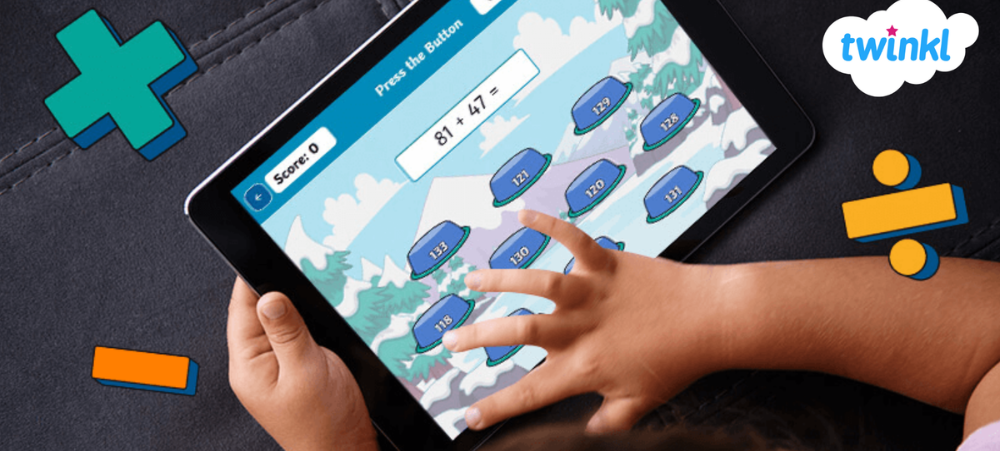Welcome to the Exponential Age, where progress and change are inevitable. Since the time of the First Industrial Revolution when water and steam were used to power mechanised production, we are now in the grips of a digital revolution characterised by a fusion of technologies that is blurring the lines between the physical, digital, and biological spheres.
According to a World Economic Forum report entitled “Catalysing Education 4.0: Investing in the Future of Learning for a Human-Centric Recovery”, the global imperative is for education to be reimagined, focusing on the breadth of skills needed to be successful in the age of the 4IR, and leveraging technological and pedagogical innovation to put learners at the centre of learning. The vision to prepare students for the economies of tomorrow is referred to as Education 4.0.
How do we as educators roll with the digital punches?
The full changes to our future are difficult to accurately predict, but one thing is clear: from an education perspective, the response to future needs must be interdisciplinary and comprehensive. Educators need to accept that as technology becomes more pervasive, traditional trades disappear and education must be aligned to the change in times.
Shifting from ‘the sage on the stage’ to ‘the guide from the side’
The traditional model, where the focus of the classroom was around the teacher (“the sage on the stage”) and children were seen as empty vessels needing to be filled with facts and knowledge, has changed to the teaching and learning modality where the teacher is not the focus of the class – but so much more. The role of the educator must evolve into one of “the guide from the side”, the facilitator of skills development, with a greater focus on higher-order thinking skills such as analysing, synthesis, application of knowledge and problem-solving. Core to these skills is creativity, which allows for each child to be an active participant in their learning with an expectation to not only be responsible and accountable for their part in the teaching and learning experience but to develop an appetite for being a lifelong learner. Teachers need to shift their focus onto education 4.0 by cultivating peer-to-peer learning atmospheres with students being able to learn collaboratively and from each other. Teachers must actively model change and the skills desired; we must guide, mentor, cheerlead, and nurture, but more importantly, ignite and inspire possibilities.
Igniting curiosity at the early learning phase
Within the Early Learning School phase. a good place to start is with firm roots in philosophies like the Reggio Emilia Philosophy, which is an innovative and inspiring approach to early childhood education, where each child is seen as strong, capable, and resilient; rich with wonder and knowledge. This philosophy rides on the coattails of the innate curiosity of children and aims to assist them with understanding their world and who they are in it. The learning experience is full of action learning, sensory experiences, play and discovery learning.
As students move into the Preparatory and College stages in South African private schools, the journey of the IEB curriculum begins. However, it is vital to maintain rich, robust teaching and learning by applying global citizenship skills, technology skills, and problem-based and collaborative learning while focusing on the individual needs of each child. The focus is not just on completing an academic year or preparing for a matric and university entrance but extends towards preparing students to become globally marketable, where their inherent mindset of a ‘can do’ and ‘will do’ attitude is aligned with their flair towards entrepreneurship with a healthy balanced skill set which will serve them well as they will not only create the future, but creatively reinterpret it.
Responsibility of schools to develop soft skills
It is vital that schools acknowledge that the Fourth Industrial Revolution could not only impact what we do, but also who we are. It will affect our identity and all the issues associated with it: our sense of privacy, our notions of ownership, our consumption patterns, the time we devote to work and leisure, and how we develop our careers, cultivate our skills, meet people, and nurture relationships.
To this end, an educator’s focus must also be on developing the soft skills of each student where their interpersonal skills, personality attributes, and people skills drive them towards a realisation as to how they will impact how they work with other people. Cognitive flexibility, resilience, originality, initiative, and emotional intelligence together with creative risk-taking, leadership growth, and the art of negotiation are all skills that we actively develop within each student.
Finally, an additional consideration when deciding which skills will be valuable in the future is determining who will be assigning that value. To prepare for this, skills-based teaching and learning should be embedded in various aspects of academic, sports, arts and culture programmes.
For more information, visit the Inspired Schools website and click on Africa & Middle East link.
By Quinton Pascoe, Headmaster at Reddam House Waterfall
targeted toward Parents.
We understand that there are many aspects that encompass a Mother, Father or Child and strive toward providing resources and services that accommodates
this.
Our content is aimed to inform and educate families on issues starting from
pregnancy through to the challenges of the teen-age years.
- Ways to Boost Your Child’s Confidence Every Day - October 23, 2025
- Tips for Supporting Homework Without Doing It for Them - October 23, 2025
- How to Help Your Child Build Emotional Resilience - October 22, 2025





